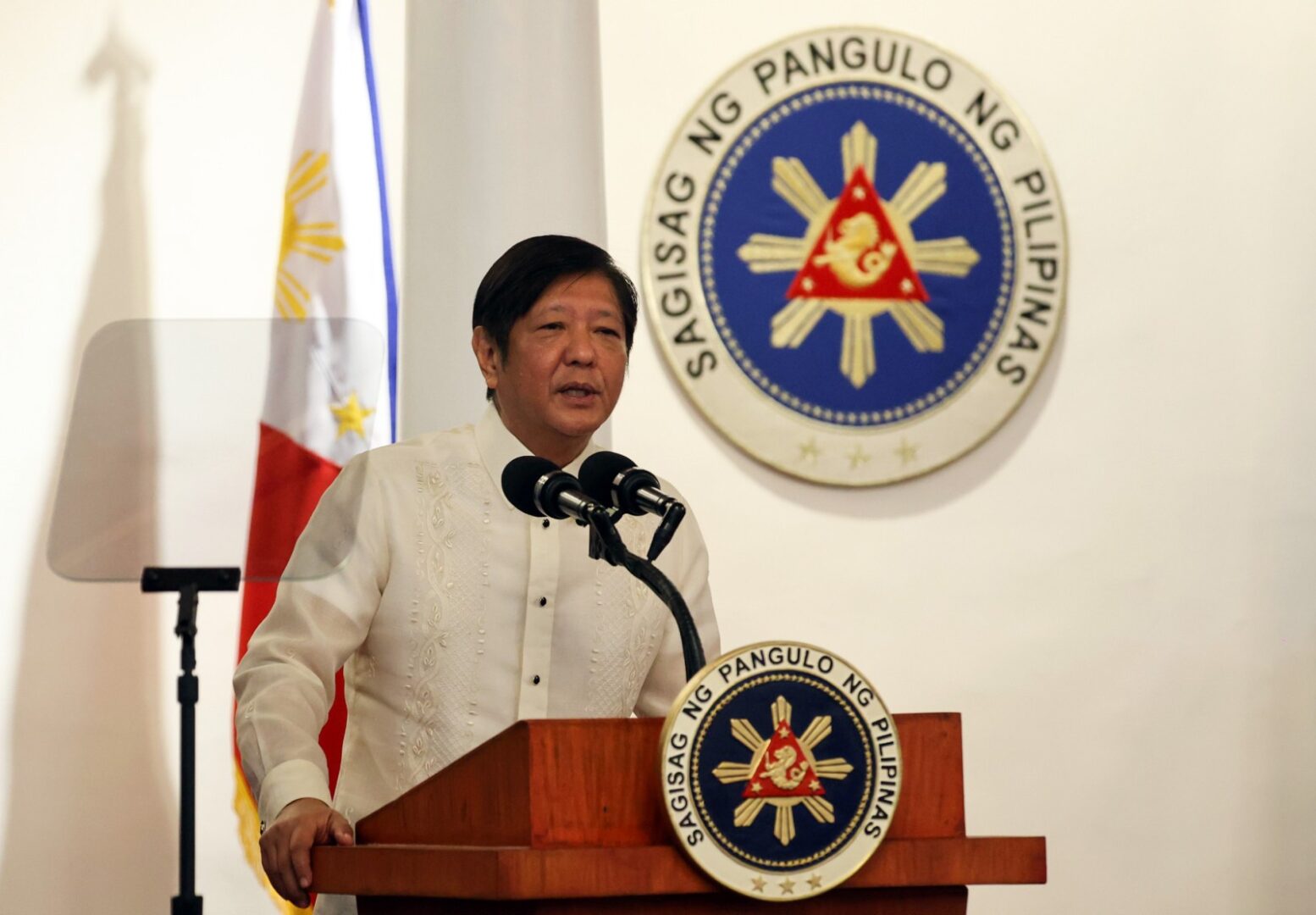President Ferdinand Marcos Jr. wants a “more cohesive” way to ensure that all Filipinos, especially the poor, have access to nutritious food, Health Secretary Ted Herbosa Jr. said on Tuesday.
Herbosa told reporters in a Malacañang briefing that Marcos doesn’t want government agencies to have overlapping food programs.
This as the President approved the six-month pilot-testing of the food stamp program of the Department of Social Welfare and Development with $3 million in foreign grants.
DSWD Secretary Rex Gatchalian confirmed that Marcos gave the go-signal for the P3,000 monthly food stamp program which is intended to benefit the poorest one million households.
Gatchalian said the Chief Executive agreed to include pregnant and lactating women as beneficiaries of the program, taking into account Herbosa’s life-stages approach to nutrition.
Herbosa recalled the President asking during a sectoral meeting who was taking care of pregnant teenagers who needed to understand they needed micronutrients for themselves and their babies.
“Remember, nutrition is related to wellness. This means that children who have proper nutrition will be less likely to develop conditions such as tuberculosis and broncho-pneumonia, which often require hospitalization,” he said.
“If children have good nutrition, hospitals won’t be overcrowded because they will be healthy, able to attend school, graduate from K-12, find employment, and have fewer illnesses,” Herbosa added.
Food and Nutrition Research Institute figures showed that one in five Filipinos from birth to 23 months old suffers from stunting, while for children aged five and below, the stunting rate is 28.7 percent.
Stunted growth is a condition in which a child’s height and weight are significantly below what is expected for their age and sex. It is a major public health problem, affecting an estimated 165 million children under the age of five worldwide.
Herbosa noted that 20 percent of Filipinos of preschool age suffer from malnutrition.
“So for one in five kids, I need to feed them properly with the correct nutrients,” he said.
To guarantee that the P3,000 will be used for food, digital cards will be distributed to the recipients, according to the plan made public last May by the DSWD.
The digital cards will be loaded with credits amounting to P3,000 to purchase a select list of food commodities that would provide them with 50 percent carbohydrates, 30 percent protein, and 20 percent fat. Cardholders will only need to choose items falling under those food groups from DSWD-accredited retailers and Kadiwa outlets.
The DSWD also intends to work with supermarkets, micro, small and medium-sized, and other businesses.
